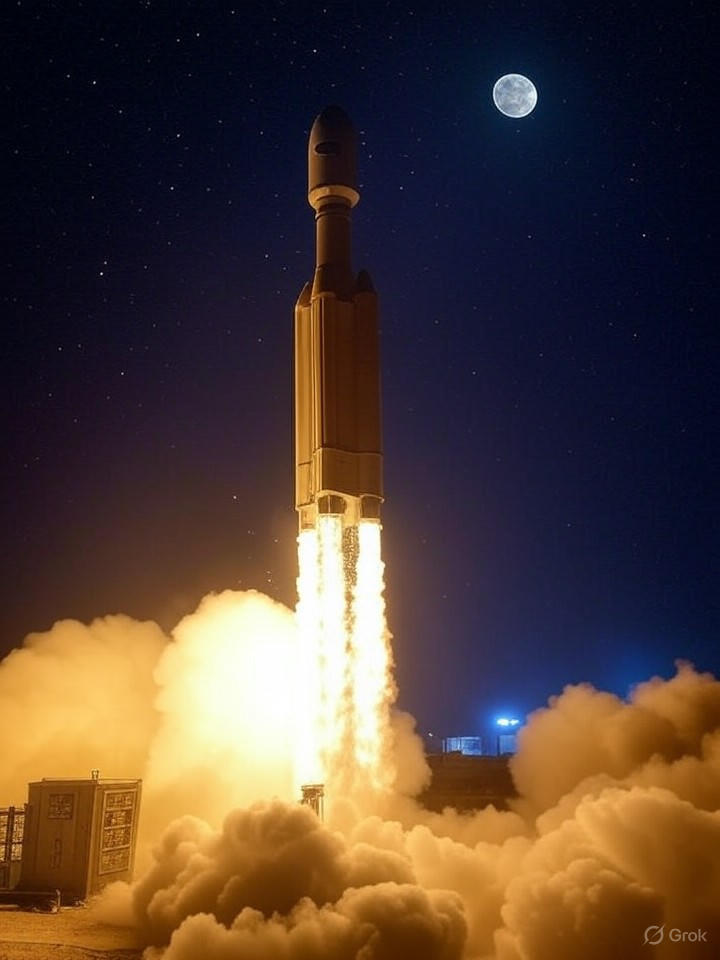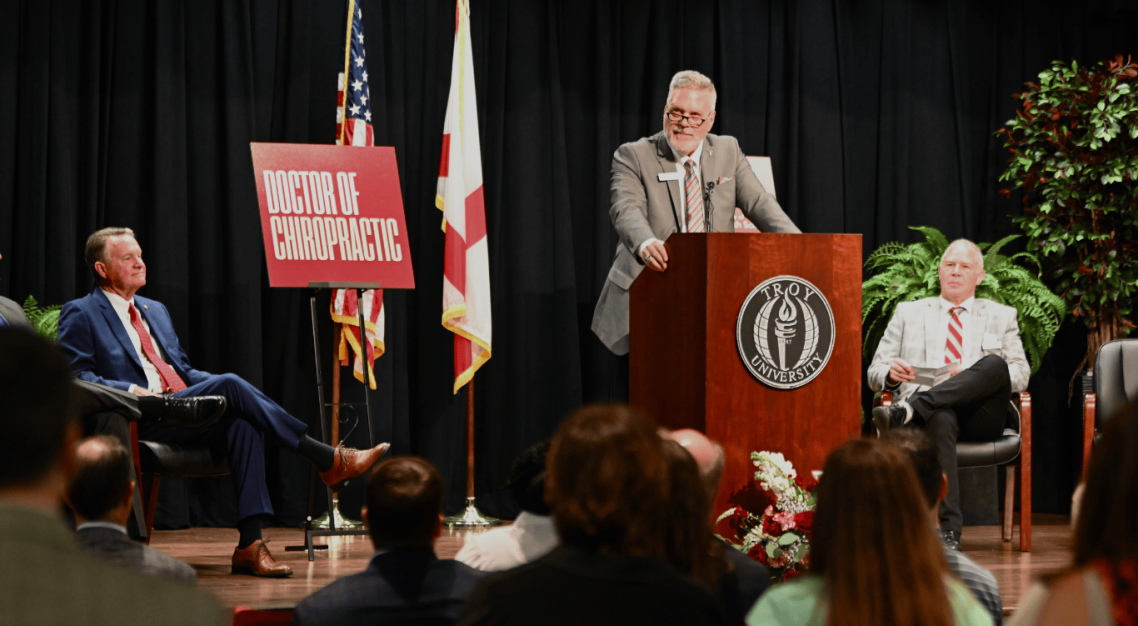
In a significant development for the space industry, artificial intelligence (AI) is emerging as a transformative force, enhancing efficiency and innovation across various sectors. At a recent summit in Seattle, industry leaders discussed how AI is optimizing operations ranging from satellite management to deep-space exploration. Executives from prominent companies such as Blue Origin and SpaceX highlighted the integration of machine learning algorithms that optimize rocket trajectories in real time, achieving fuel savings of up to 15% and reducing mission risks.
AI is not merely improving existing processes; it is fundamentally reshaping the landscape of space exploration. During the summit, attendees learned about the use of AI-driven predictive analytics, which can foresee satellite failures before they occur by analyzing extensive datasets from orbital sensors. According to insights shared at the event, these advancements could extend the operational lifespan of satellite constellations like Starlink by several years, potentially saving billions in replacement costs.
Autonomous Systems and Data Processing
As missions venture further from Earth, the necessity for autonomous spacecraft is becoming increasingly evident. AI plays a crucial role in managing complex decision-making processes without the need for constant human oversight. Beyond hardware, AI is revolutionizing data processing in space exploration. For example, NASA is employing neural networks to analyze vast amounts of cosmic data, allowing for the identification of patterns that might elude human analysts. This capability is especially important for projects like the James Webb Space Telescope, where AI algorithms significantly enhance image clarity and improve the detection of exoplanets.
Industry insiders emphasize that private companies are at the forefront of these innovations. A report from Lockheed Martin outlines trends for 2025, indicating that AI will be integral to advanced communications, facilitating coordination between ground stations and lunar landers. This technology is essential for upcoming human exploration missions, where AI could autonomously manage life-support systems during extended stays on the Moon.
Challenges and Future Prospects
While the integration of AI offers exciting possibilities for space innovation, it also raises challenges, particularly regarding data security and algorithmic bias. Industry leaders are advocating for robust regulatory frameworks to ensure the safe deployment of these technologies. Looking ahead, the combination of AI with emerging trends like quantum computing is expected to unlock new opportunities. A technology trends outlook from McKinsey for 2025 predicts that hybrid AI-quantum systems could simulate asteroid mining scenarios with remarkable accuracy, potentially transforming resource extraction from celestial bodies and disrupting traditional mining industries on Earth.
Startups are also making strides at the intersection of AI and robotics. The StartUs Insights guide on leading space technology trends highlights ventures focused on developing AI-powered drones for orbital debris removal, tackling the escalating issue of space junk that poses a threat to operational satellites.
Investment in AI-driven space ventures is surging, with analysts projecting exponential growth in the sector. Strategic partnerships will be essential for navigating geopolitical tensions and supply chain vulnerabilities. The European Space Agency is emphasizing international collaboration, launching initiatives to standardize AI protocols for global missions. In the United States, discussions around AI’s role in national security are intensifying, particularly concerning the need to counter adversarial satellite interference.
As we approach 2025, the space industry’s embrace of AI signifies a paradigm shift toward intelligent, adaptive systems. The Seattle summit underscored that balancing innovation with oversight will be crucial to maximizing AI’s potential while minimizing unintended consequences. This convergence of technology and exploration has the potential to redefine humanity’s reach into the cosmos, fostering economic growth and scientific advancements along the way.






